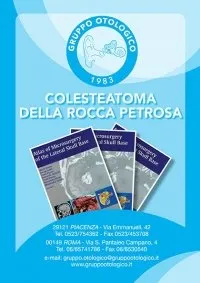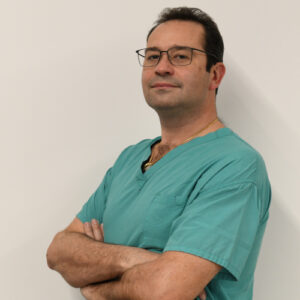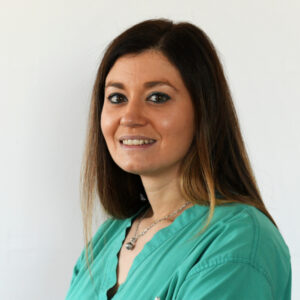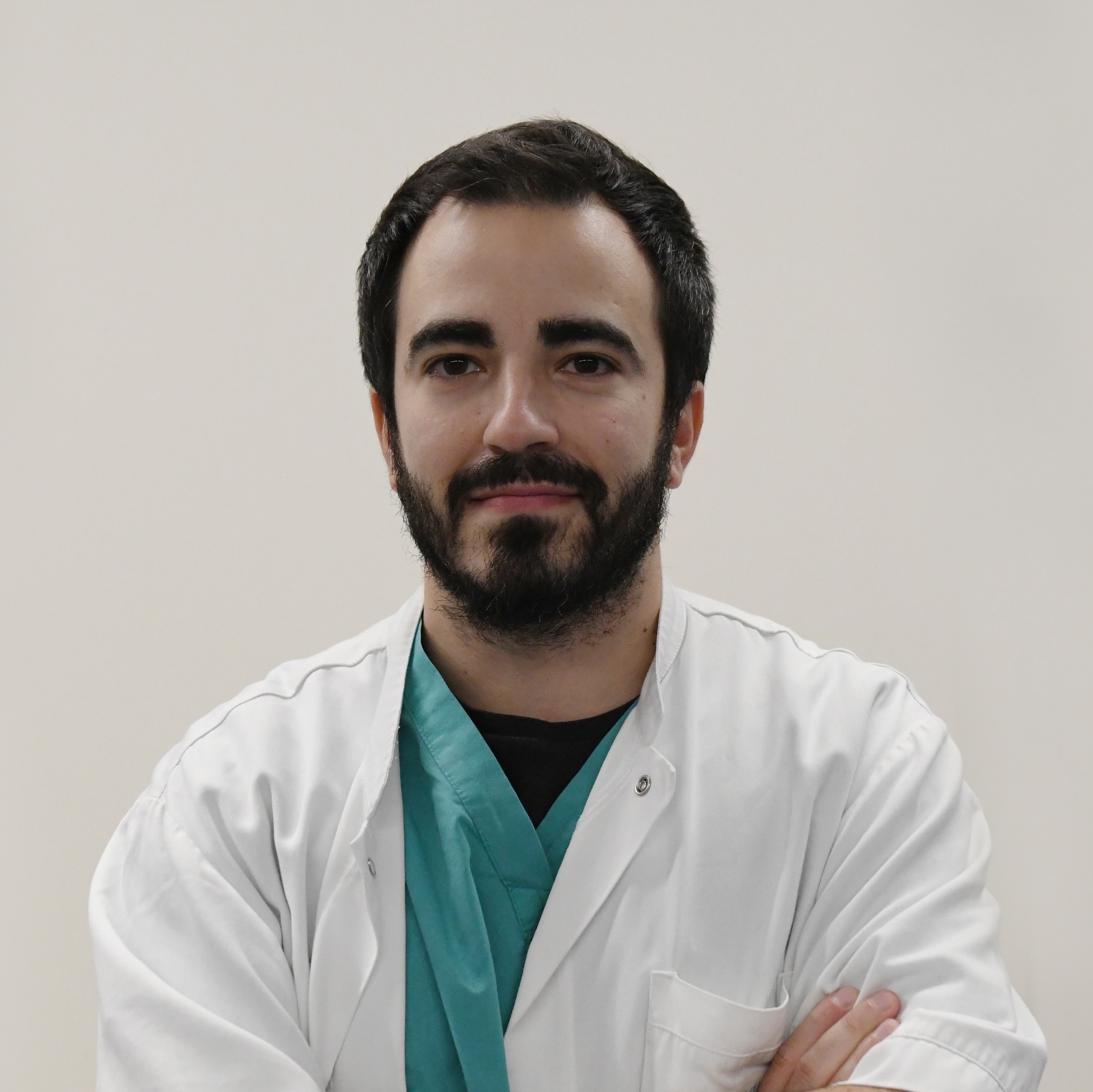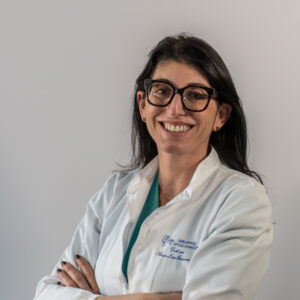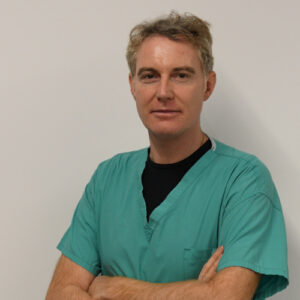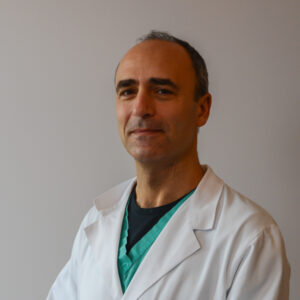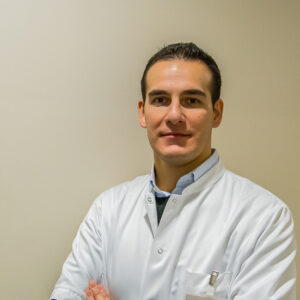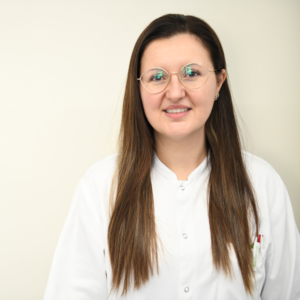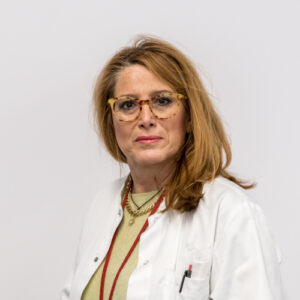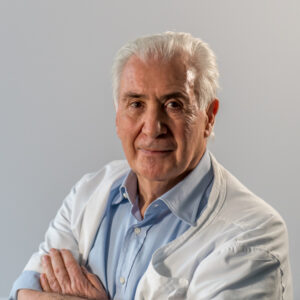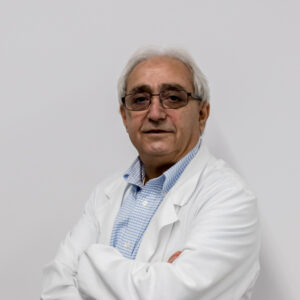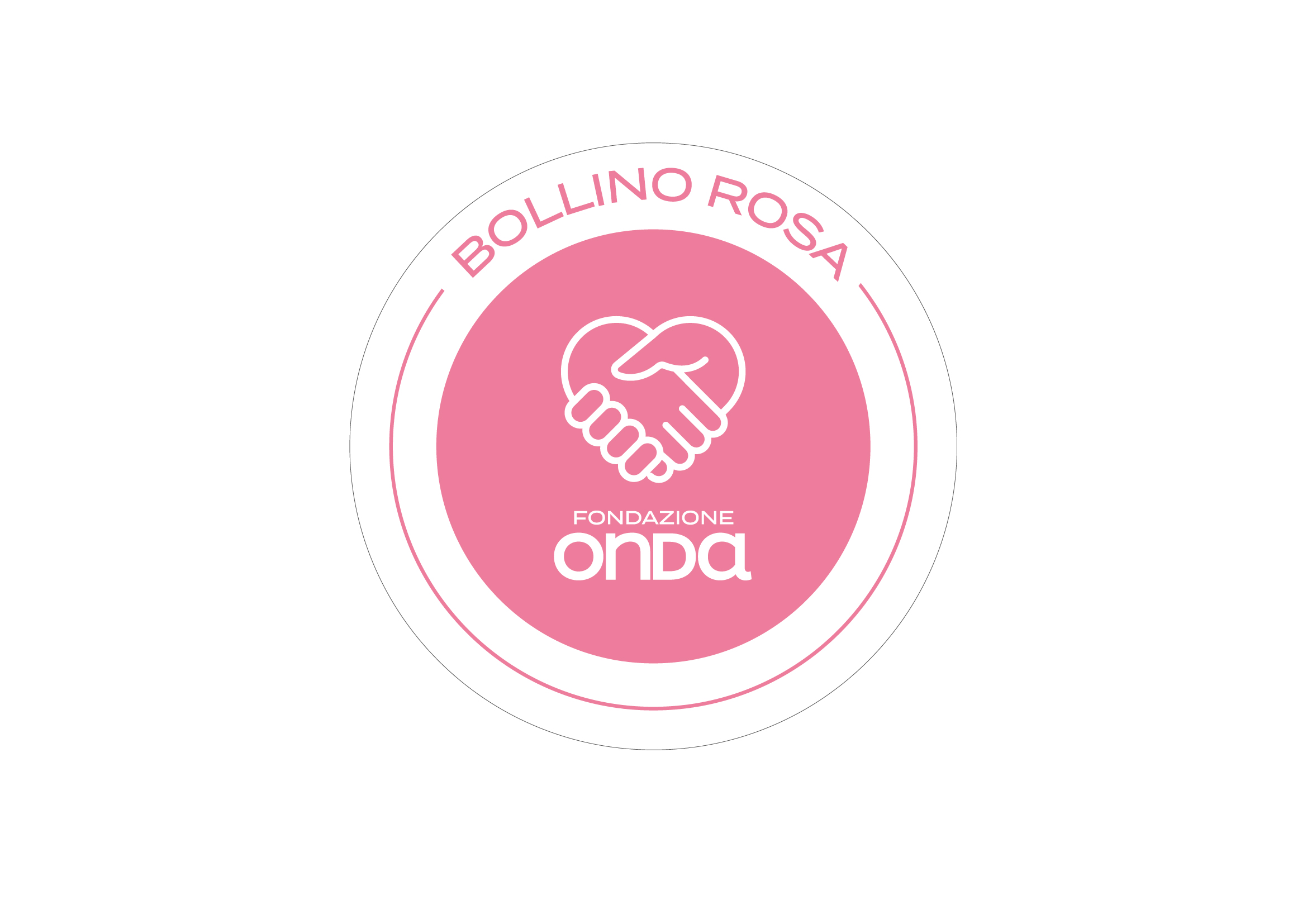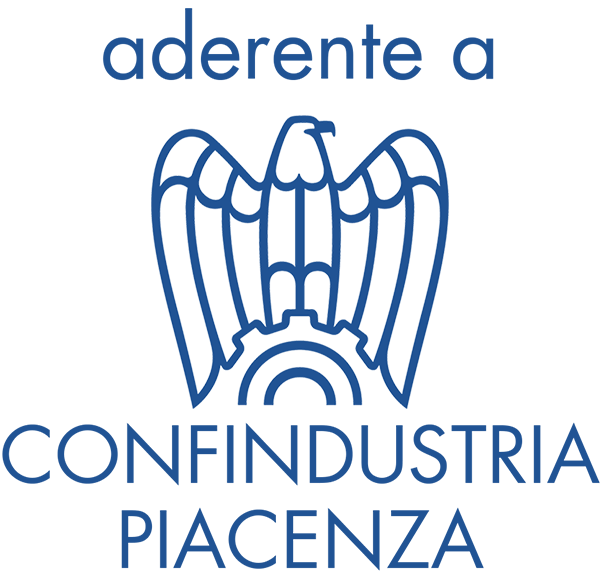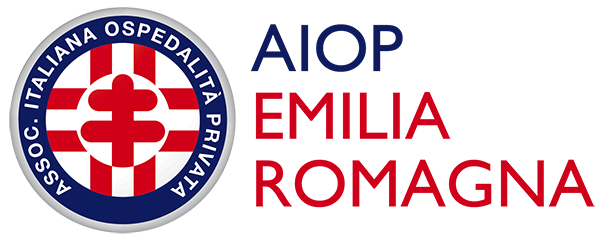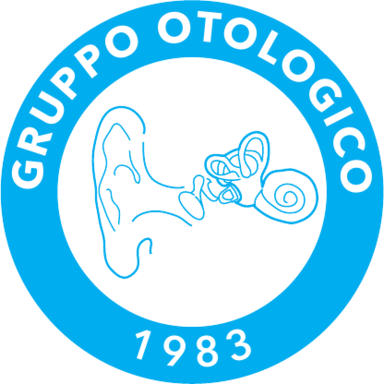Petrous Rock Cholesteatoma
The Petrous Apex Cholesteatoma is a rare, slow-growing pathology that tends to erode surrounding structures and extend deeply into the temporal bone up to the Cranial Base.
Petrous Apex Cholesteatoma refers to an epidermoid cyst affecting the petrous portion of the temporal bone. It extends beyond theinner ear towards the center of the Cranial Base.
The clinical presentation of the lesion is not only variable but often misleading.
It can present as Middle Ear Cholesteatoma, progressive or sudden Facial Nerve paralysis, Sensorineural or Conductive Hearing Loss, Secretory Otitis Media, or intracranial complication.
This condition can be congenital, acquired, or iatrogenic.
It usually manifests with the following symptoms: foul-smelling otorrhea, hearing loss, facial paralysis and vertigo.
The treatment is surgical and must be performed at centers with extensive experience in Cranial Base Surgery.
Petrous cholesteatoma can be classified into 5 types based on the extension and the localization:
- supralabyrinthine
- infralabyrinthine
- massive labyrinthine
- infralabyrinthine-apical
- apical
When a patient presents with sensorineural hearing loss or mixed hearing loss and/or facial nerve paralysis, all of which may or may not be associated with a retrotympanic mass and otorrhea, the presence of a petrous bone cholesteatoma should be considered.
In these cases, clinical suspicion can be clarified by performing a CT scan high resolution of the petrous bone. The ideal treatment for petrous bone cholesteatoma is surgical removal.
Depending on the location, this will require the adoption of a technique suitable for removing the pathology and preserving, where possible, the noble structures present in the petrous bone.
The destruction of residual hearing and treatment of the facial nerve (re-routing, interposition of the sural nerve) may be necessary during surgery for total excision of the disease.
Radicality must be sought, otherwise recurrence is the rule.
The contralateral hearing status must always be taken into consideration when planning surgery. The middle cranial fossa approach, associated or not with a transmastoid approach, can be adopted in cases of small supralabyrinthine cholesteatomas and when hearing preservation is possible.
There is no general treatment rule that fits all types of petrous bone cholesteatoma; the surgeon must adapt the technique that best responds to each individual case depending on the “extent of the disease, the patient’s general condition, the hearing status in the” involved ear and in the contralateral one.
For further information, please refer to the following link here.
VIDEO
Doctors
Dott. Antonio Caruso
Otorinolaringoiatria, Otologia, Neurotologia, Chirurgia della Base Cranica, Chirurgia Endoscopica dei Seni Paranasali
Dott.ssa Vittoria Di Rubbo
Otorinolaringoiatria, Otologia, Chirurgia della Base Cranica, Neurotologia e Chirurgia Endoscopica dei Seni Paranasali
Dott. Giuseppe Fancello
Otorinolaringoiatria, Otologia, Neurotologia, Chirurgia della Base Cranica, Chirurgia Endoscopica dei Seni Paranasali, Laringologia
Dott.ssa Anna Lisa Giannuzzi
Otorinolaringoiatria, Otologia, Neurotologia, Chirurgia della Base Cranica, Vestibologia
Dott. Lorenzo Lauda
Otorinolaringoiatria, Otologia, Neurotologia, Chirurgia della Base Cranica, Chirurgia Endoscopica dei Seni Paranasali, Chirurgia Riabilitativa del Nervo facciale
Dott. Enrico Piccirillo
Otorinolaringoiatria, Neurotologia, Chirurgia della Base Cranica, Chirurgia Endoscopica dei Seni Paranasali, Oncologia Testa-Collo
Dott. Gianluca Piras
Otorinolaringoiatria, Otologia, Neurotologia, Chirurgia della Base Cranica, Chirurgia Endoscopica dei Seni Paranasali
Dott.ssa Alessandra Russo
Otorinolaringoiatria, Otologia, Neurotologia, Chirurgia della Base Cranica, Chirurgia Ricostruttiva del Padiglione Auricolare
Prof. Mario Sanna
Otorinolaringoiatria, Otologia, Neurotologia, Chirurgia della Base Cranica
Dott. Abdelkader Taibah
Otorinolaringoiatria, Otologia, Neurotologia, Chirurgia della Base Cranica
contacts
Via Morigi, 41
29122, Piacenza (PC)
Tel. (+39) 0523.751280
WhatsApp – 389.2625175
ufficio.privati@casadicura.pc.it

